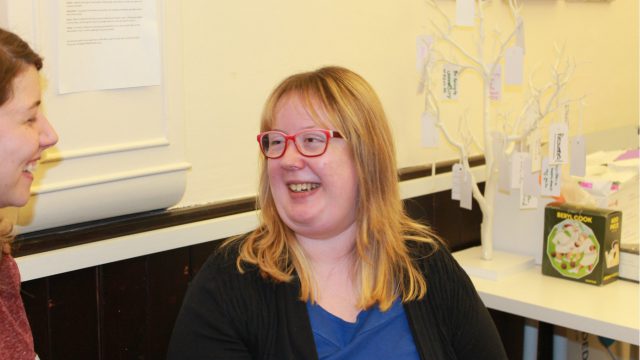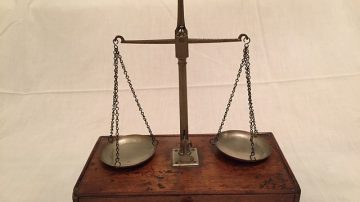Some people may think sight loss is just losing your sight but there is so much more to it than that. More than you would imagine.
Coming to terms with sight loss can be a very long process. Everybody deals with it differently, just like every other thing there is to deal with. For me and many other people it took years. So many different thoughts and emotions go whizzing around in your head. None of them good.
Fear
Fear of what is happening to you and what will happen to you in the future. Fear of what people think of you, fear of being a burden and annoying people. Fear of making lots of mistakes.
Loneliness
You feel like the only one in the world that is in your situation. You don’t want to be around people because things aren’t the same any more now you need help.
The less you are around people the less you want to be around people and you can become isolated. If all of your family and friends can see quite well, you can feel like the weird one. Not because of anything they have done or said, just because of your sight loss, it makes you different.
Anxiety
The loneliness leads to anxiety. Getting out of the house, even with somebody, can become a massive challenge.
You sometimes sit and worry about when you are going out. You sit and think about everything that could go wrong and how horrible it is going to be. And it will be horrible, because outside there are people, cars, lampposts, road works, every kind of trip hazard you can think of.
Just walking up to the local shops, your heart can be pounding and you just want to cry and run back home.
I used to take slow, deep breaths and try to concentrate on breathing instead of all the anxiety going on in my head.
Anger
You feel angry at the world for doing this to you, anger because nobody can make it stop. Anger at people for helping too much, anger at people for not helping enough.
Anger at yourself because you feel like you can’t do anything right. Anger at obstacles for getting in your way.
Anger because people keep trying to help you when you don’t want it, even though you need it. It takes a long time for family and friends to adjust to when you need help and when you don’t.
Out of control
For me it felt like my whole world had exploded and all the pieces were flying off in all different directions and spiraling out of control.
As hard as I tried I just couldn’t get all the pieces back and fit them back together properly.
I lost control of my life and I lost control of myself.
Depression
You can feel really depressed because your life has changed, probably forever. You can feel useless, worthless and like everything is pointless. It feels like there is no future. The only future is one with sight problems and you don’t want that.
Overwhelming
Some days you feel just a few of these feelings, other days you feel all of them. Some days, you just don’t know what to feel, there are so many to choose from, so you just feel numb.
Eventually you come to…
Acceptance
I believe that the acceptance stage is when you finally feel ready to move on and rebuild your life. It won’t be the same, but in some ways it might be better. Yes really! Acceptance itself takes time.
Six years after my sight got worse I have only just started being around other visually impaired and blind people. I didn’t want to have friends with similar problems to me, or be part of any special groups. Finally I am ready to do that and it has helped me.
It does feel really good not to have to say “sorry about that, I can’t see very well” all of the time. At Sheffield Royal Society for the Blind (SRSB) everybody knows. I feel now that I have been going there, I have finally finished my acceptance.
Six years on and I am getting out a lot more, I am closer to my friends than I’ve ever been and am loving working on this blog for SRSB. I have even started trampolining! I never thought it was possible to do half of the things I have achieved. Every single day I feel so grateful and lucky for how things have changed and for being so extremely happy.
If there is anybody reading this who is struggling to come to terms with sight loss, please don’t do it alone. There are many, many people out there who want to help. Believe in yourself, things will get better even if you don’t believe it.
This story was first published in the SRSB Blindlife blog on which Amy is a regular contributor



